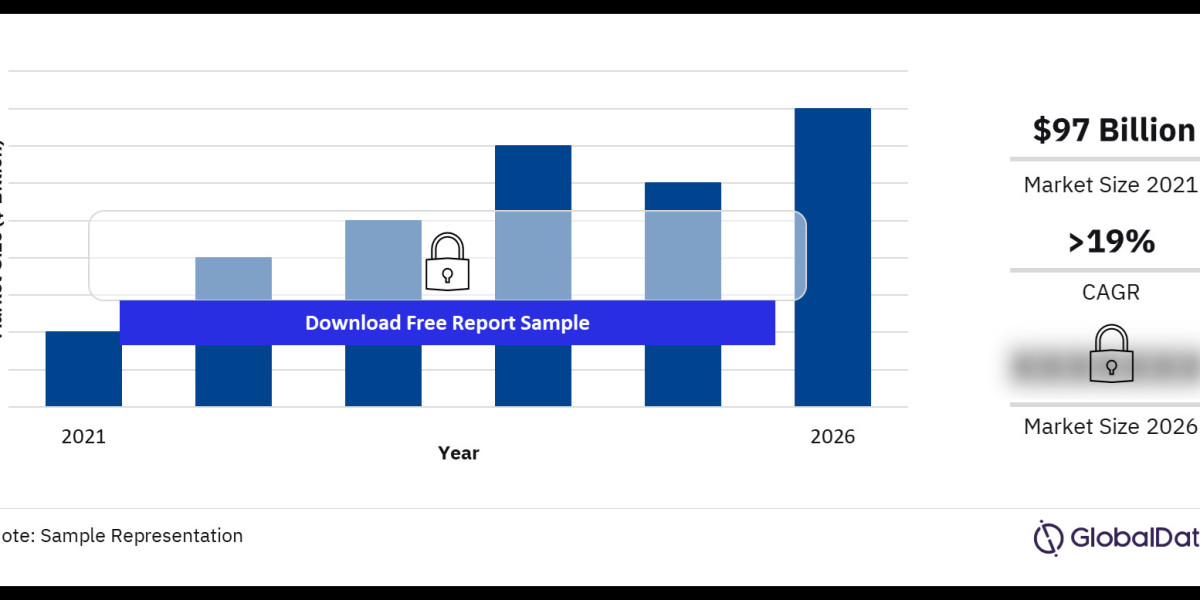Objective: The purpose of this executive briefing is to provide a comprehensive analysis of the current state of artificial intelligence (AI) across various industries, Ai Theme Analysis highlighting key themes, trends, challenges, and opportunities that executives should be aware of.
1. Current State of AI
Rapid Adoption: AI technologies are being rapidly adopted across sectors such as healthcare, finance, retail, manufacturing, and logistics. Organizations are leveraging AI for automation, data analytics, customer service, and decision-making.
Investment Growth: Global investment in AI is increasing, with companies spending significantly on AI research and development, talent acquisition, and technology infrastructure. The AI market is expected to reach over $500 billion by 2024.
Key Technologies: Machine learning, natural language processing, computer vision, and robotics are leading the charge in AI advancements. These technologies are enabling organizations to harness large datasets for predictive analytics, improve operational efficiencies, and enhance customer experiences.
2. Key Themes in AI
Ethics and Governance: The rise of AI brings ethical considerations, including bias, privacy concerns, and the potential for job displacement. Organizations are developing governance frameworks to address these issues, ensuring that AI applications are ethical and transparent.
Human-AI Collaboration: AI is not replacing humans but augmenting their capabilities. Organizations are focusing on human-AI collaboration to enhance productivity, leveraging AI to support decision-making while maintaining human oversight.
AI and Sustainability: Companies are increasingly exploring how AI can contribute to sustainability efforts. AI applications in energy management, resource optimization, and waste reduction are helping organizations reduce their environmental footprint.
Personalization and Customer Experience: AI is being utilized to create personalized customer experiences through data-driven insights. Businesses are employing AI to analyze customer behavior, preferences, and feedback to tailor products and services accordingly.
3. Challenges in AI Implementation
Data Quality and Availability: Successful AI implementations depend on high-quality, relevant data. Organizations often face challenges in data collection, integration, and management, impacting the effectiveness of AI solutions.
Talent Shortage: There is a significant shortage of skilled professionals in AI, machine learning, and data science. Organizations are competing for talent and investing in training programs to develop internal capabilities. Buy the Full Report to Know More About the Competitive Landscape Developments in AI Market
Download a Free Report SampleIntegration with Legacy Systems: Many organizations struggle to integrate AI solutions with existing legacy systems, which can hinder the scalability and effectiveness of AI initiatives.
Regulatory Compliance: As AI adoption increases, so does the scrutiny from regulators. Organizations must navigate complex regulatory landscapes and ensure compliance with data protection and privacy laws.
4. Opportunities for Executives
Strategic Partnerships: Executives should explore partnerships with AI technology providers, research institutions, and startups to access innovative solutions and enhance their organization’s AI capabilities.
Investing in Talent Development: Developing a skilled workforce in AI and data analytics is crucial. Executives should prioritize training programs and initiatives to upskill employees and attract top talent.
Fostering a Culture of Innovation: Encouraging a culture that embraces experimentation and innovation can drive successful AI adoption. Executives should promote cross-functional collaboration to leverage diverse perspectives and insights.
Emphasizing Ethical AI: Executives must prioritize ethical considerations in AI development and deployment. Establishing clear governance frameworks and promoting transparency will enhance trust and mitigate risks associated with AI technologies.
5. Future Trends in AI
AI-Driven Automation: The trend towards automation will continue, with organizations increasingly adopting AI to streamline processes, reduce costs, and improve efficiency.
Advancements in Natural Language Processing: As NLP technologies evolve, AI applications in chatbots, virtual assistants, and customer service will become more sophisticated, enabling more meaningful interactions with customers.
AI in Decision-Making: AI will play a more significant role in strategic decision-making processes, providing insights and recommendations based on data analysis and predictive modeling.
Edge AI: The shift towards edge computing will enable AI processing closer to data sources, reducing latency and bandwidth requirements. This trend will facilitate real-time data analysis and decision-making in various applications.
Conclusion
The AI landscape is evolving rapidly, presenting both challenges and opportunities for organizations across industries. Executives must stay informed about key trends, invest in talent development, and prioritize ethical considerations to harness the full potential of AI technologies. By embracing innovation and fostering a culture of collaboration, organizations can navigate the complexities of AI implementation and drive sustainable growth in the digital age.








